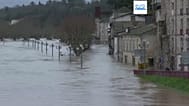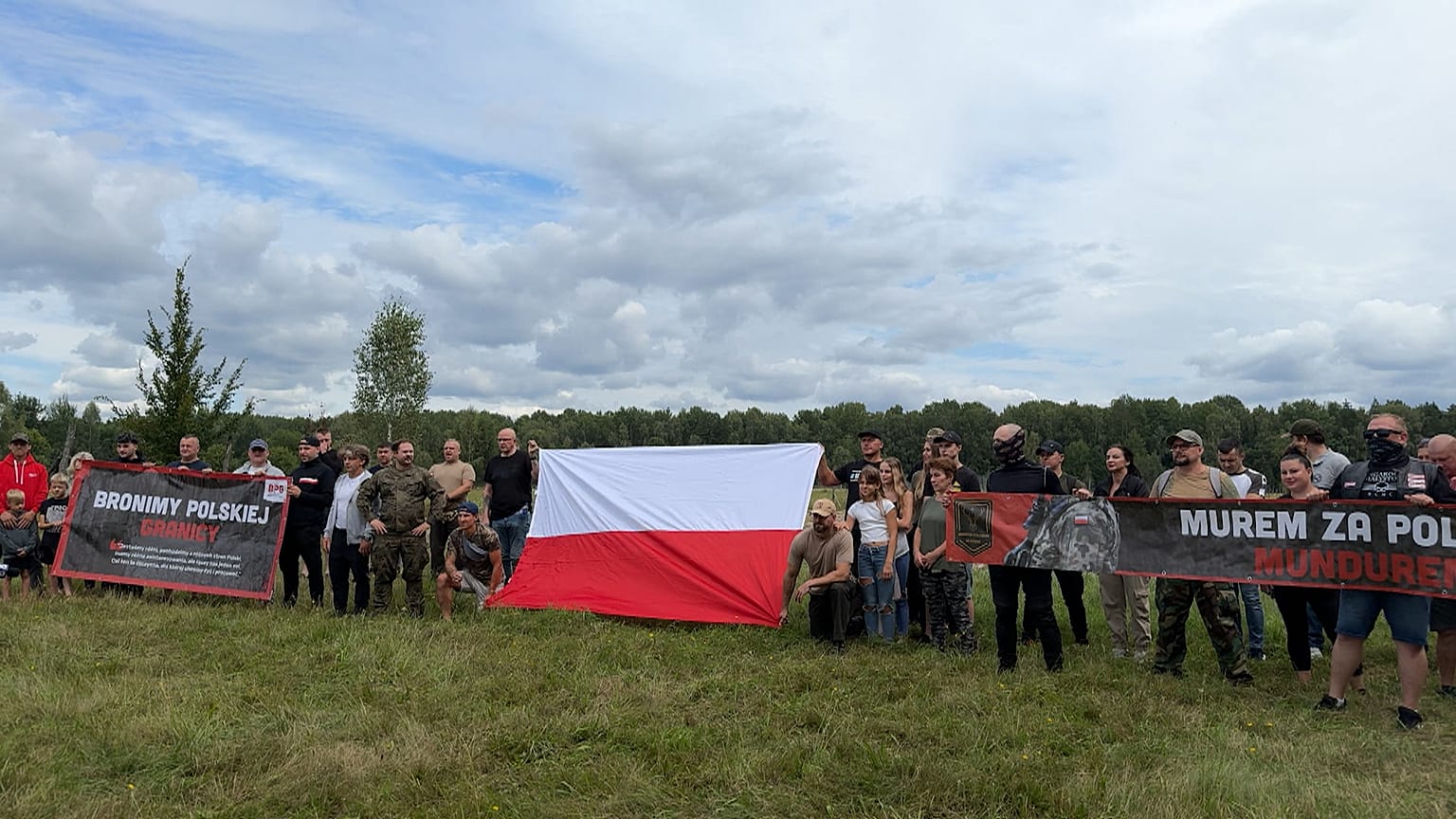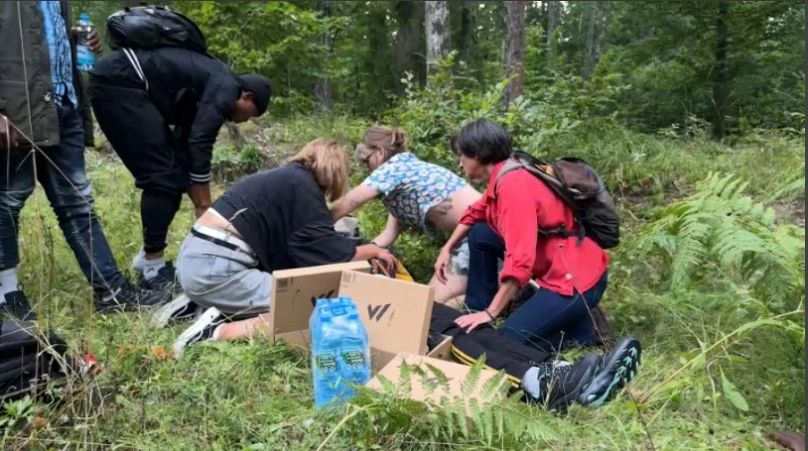Two years after Poland erected a border barrier to stop migrants from entering from Belarus, the influx has diminished but public debate over the issue has not, fuelled in part by the fatal stabbing of a soldier in June.
At the fringe of the Polish forest of Bialowieza, a wall separated Belarus from Poland for two years.
 ADVERTISEMENT
ADVERTISEMENT
 ADVERTISEMENT
ADVERTISEMENT
It was built to be a bulwark against the illegal influx of thousands of migrants, whose forced passage to the European Union Minsk is accused of orchestrating.
The surrounding region, once a hotspot for Polish tourism, has also become the scene of many tragedies linked to the plight of the migrants. It's an issue that, more than ever, polarises Polish public opinion.
Euronews senior international correspondent Valerie Gauriat went to the Podlasie region in eastern Poland, where incidents between migrants and security forces have multiplied recently.
Among those was the death last June of a young soldier who was stabbed at the border. It triggered national outrage and led to the adoption of a new law easing the use of firearms.
Border tensions
The killing also spurred civilian groups to travel from elsewhere in Poland to the frontier, claiming their mission is to reinforce the government's border guards.
"This kind of support is needed, because even the army then feels more secure," one group member tells us. "Knowing there are people like us, who patrol, so that the other side there behind the wall, they also kind of hear about us," he adds. But border guard senior officers say their presence is not needed.
Also assembled in in the area are teams of NGO volunteers seeking to help those migrants who make it across the border with their asylum applications. They say the civilian or paramilitary groups patrolling at the border are a sinister presence.
"Beside our fear, our concern for the migrants, we also worry for ourselves. Because we never know how the nationalists will behave towards us,” an NGO leader tells our reporter.
The Euronews team found a potent mix of fear, anger and hostility from members of the civilian groups, bemusement among some locals, despair from tourism business owners who have lost revenue, and tragic stories of migrants who fled violence and brutal persecution in their homelands only to find themselves trapped in a seemingly neverending nightmare.
Click on the video above to watch the episode in full.















